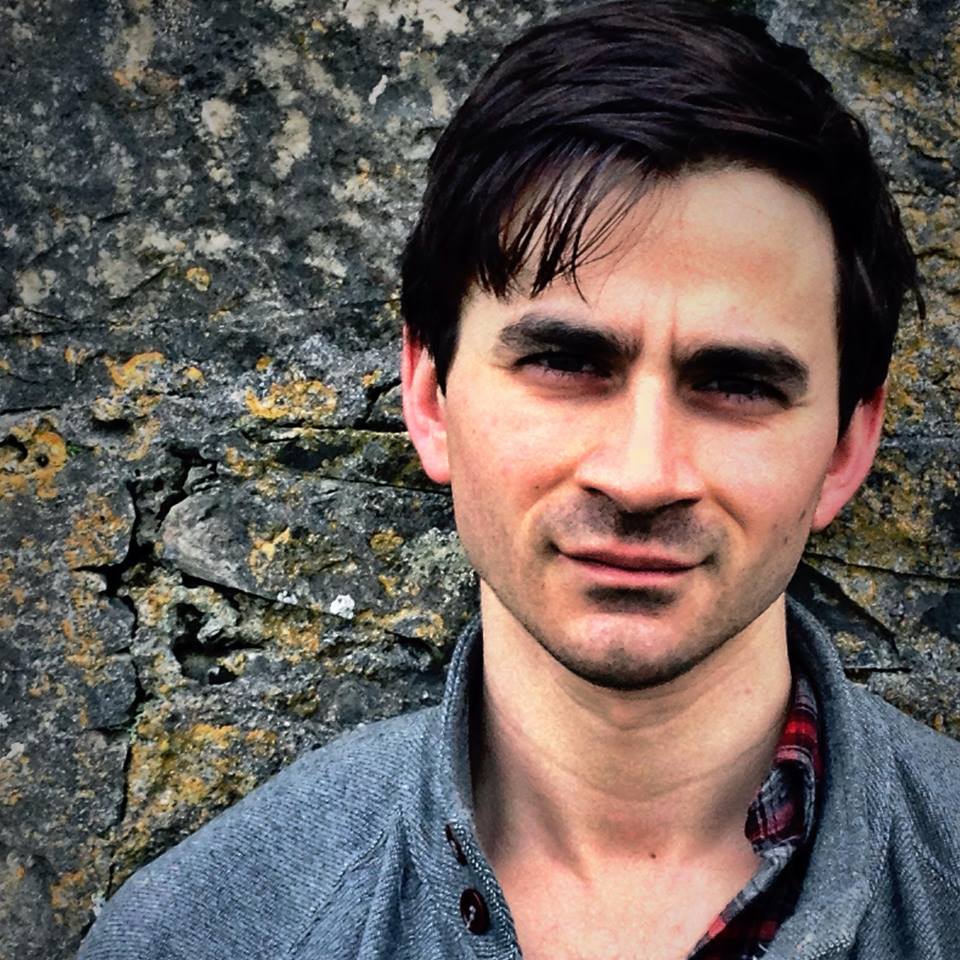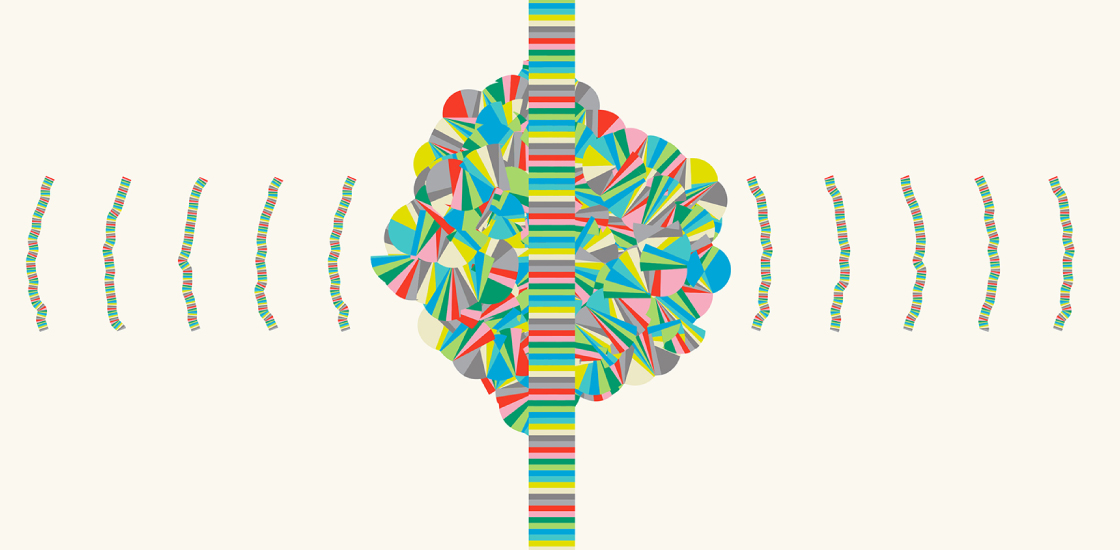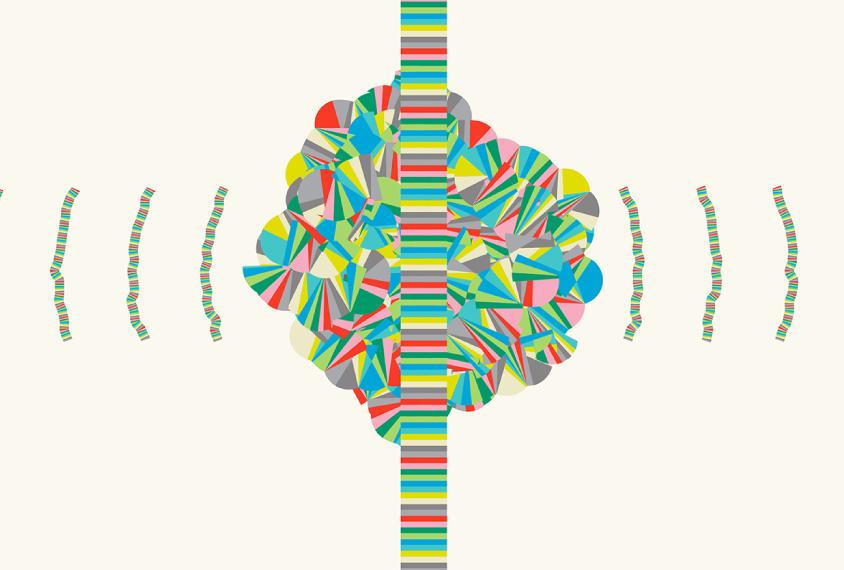Jacob Brogan is a journalist covering technology, medicine and culture. He holds a PhD in English Literature from Cornell University and lives in Washington, D.C.

Jacob Brogan
From this contributor
Spectrum Stories: Autism, in a manner of speaking
In this episode of “Spectrum Stories,” host Jacob Brogan explains how speech — from its rhythm to its emotional content — can differ in people with autism, making social communication difficult.

Spectrum Stories: Autism, in a manner of speaking
Spectrum Stories: Talking about autism mouse models
Scientists discuss the problems with using mice to study autism, and explain how the field might move forward.

Spectrum Stories: Talking about autism mouse models
Spectrum Stories: Camouflaging autism traits
In this episode, host Jacob Brogan explores how and why some women try to hide their autism. There are benefits to keeping the condition concealed, but this camouflaging comes with psychological costs.
Spectrum Stories: Shifting cultural views about autism abroad
In this episode, host Jacob Brogan talks to autism researchers and families with children on the spectrum in France and Ethiopia. However different the two countries may be, advocates in both places are working to overturn outdated beliefs about autism that blame parents and block access to evidence-backed services and treatment.

Spectrum Stories: Shifting cultural views about autism abroad
Spectrum Stories: Where autism meets sleeplessness
Scientists are trying to understand why people with autism so often have trouble sleeping, and how to help them.

Spectrum Stories: Where autism meets sleeplessness
Explore more from The Transmitter
Astrocytes orchestrate oxytocin’s social effects in mice
The cells amplify oxytocin—and may be responsible for sex differences in social behavior, two preprints find.

Astrocytes orchestrate oxytocin’s social effects in mice
The cells amplify oxytocin—and may be responsible for sex differences in social behavior, two preprints find.
Neuro’s ark: Spying on the secret sensory world of ticks
Carola Städele, a self-proclaimed “tick magnet,” studies the arachnids’ sensory neurobiology—in other words, how these tiny parasites zero in on their next meal.

Neuro’s ark: Spying on the secret sensory world of ticks
Carola Städele, a self-proclaimed “tick magnet,” studies the arachnids’ sensory neurobiology—in other words, how these tiny parasites zero in on their next meal.
Autism in old age, and more
Here is a roundup of autism-related news and research spotted around the web for the week of 2 March.

Autism in old age, and more
Here is a roundup of autism-related news and research spotted around the web for the week of 2 March.